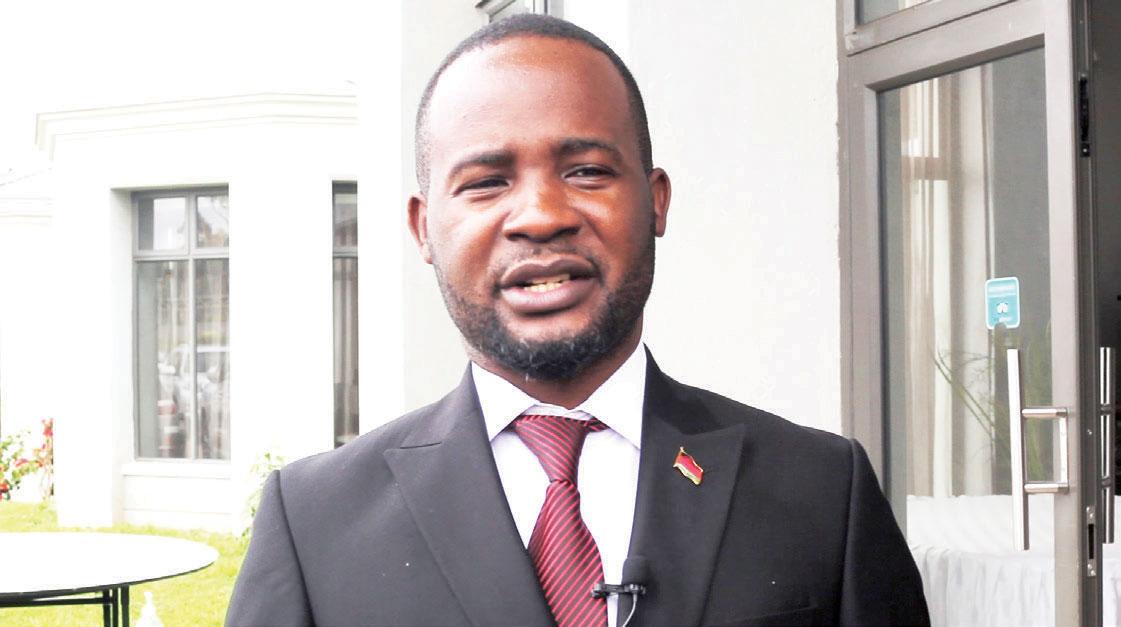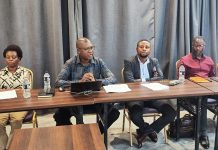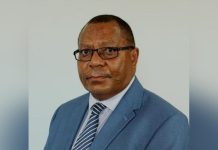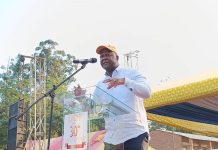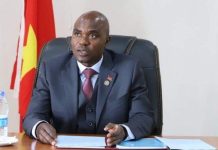Africa-Press – Malawi. Malawi has climbed three places from position five to eight on the poorest countries ranked by the Global Finance Magazine based on the Gross Domestic Product—Purchasing Power Parity (GDP-PPP). The report, however, says the outlook remains mixed and murky.
The Purchasing Power Parity exchange rate is the rate at which the currency of one country would have to be converted into that of another country to buy the same amount of goods and services in each country.
According to the report released on August 6, 2022, the country’s average GDP–PPP is up to $1,603 from $996 last year. The report, however, says inflation and impact of Covid pandemic remain the main economic challenges the country is facing.
“One of Africa’s smallest nations, in recent years Malawi has made strides in improving economic growth and implementing crucial structural reforms.
“Nevertheless, poverty is still widespread, and the nation’s economy— largely dependent upon rain-fed crops— remains vulnerable to weather-related shocks. As a result, while living standards in urban areas are broadly improving, food insecurity in rural parts is extremely high,” the report reads.
In 2020, the country’s GDP dropped to 0.9 percent from 5.4 percent a year earlier, and it recovered only modestly since then. Year-on-year inflation, in the meantime, has risen to about 20 percent, seen at 23.5 percent in June. Economist Murry Siyasiya said the increase must be interpreted with caution, saying it does not always mean that the economy is improving.
“Technically, this is the comparison of prices of similar commodities in different countries using the same currency. The higher the PPP does always mean that the economy is improving because issues of inflation and foreign exchange rates also come into play,” he said. Minister of Finance Sosten Gwengwe said government has lined up a number of initiatives to arrest inflation.
“For us, food inflation drives the inflation and this year with cyclones, food inflation is really skyrocketing. However but there are measures which government is taking through Admarc and other means to make sure we stabilise food prices. We are also looking at stabilising exchange rate issues because they also feed into inflation,” he said.
He said the government intends to increase the number of economically productive people to enhance their buying power. “That is the agenda of government. Every citizen must be employed or if you cannot be employed at least employ yourself but we must have more citizens participating in economic activities of some sort.
“We are talking about improving the private sector, mega farms or our exports. All this is revolving around this central theme of giving opportunities to citizens so they participate in economic activities,” he said.
Consumers Association of Malawi (Cama) Executive Director John Kapito said the improvement in PPP is not being felt on the ground. “I cannot look at that information and say it is any near reputable. We feel the pain ourselves who are here and we can compare with last year,” he said.
According to the report, the world’s 10 poorest countries, all of whom are from Africa, have an individual share of the gross domestic output of roughly $1,350 on average while those in the top 10 richest nations the figure is close to $100,000. Burundi and South Sudan are on stuck on positions one and two respectively.
For More News And Analysis About Malawi Follow Africa-Press

